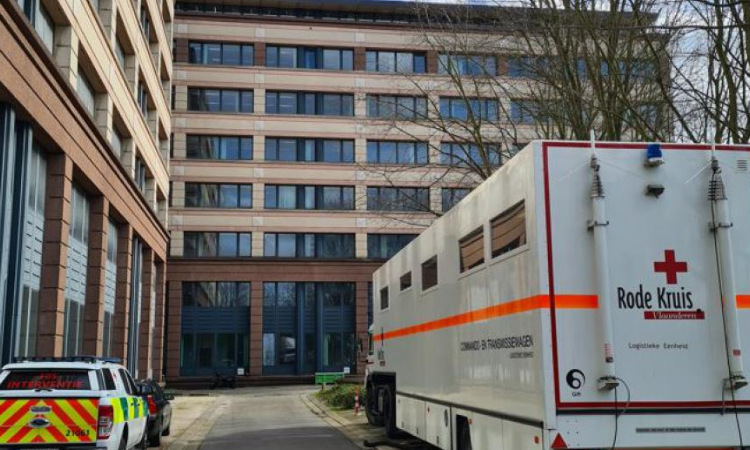The European Commission called the mobilisation of citizens, organisations, services welcoming people from Ukraine a ‘tectonic shift’ triggering ‘an unprecedented show of solidarity’.
Speaking of solidarity, in July, the EU also launched the Safe Homes Initiative to support the efforts of Member States, regional and local authorities, and civil society in organising private housing initiatives for those in need of protection. Undoubtedly, the guidance that supported the initiative was an important step. This move also made Housing Europe and fellow organisations, FEANTSA and Fondation Abbé Pierre question ourselves whether the initiative responds to housing needs? This is how the idea to host an online Housing Solutions Platform debate came up.
On September 20th, our Research Director, Alice Pittini said that the social housing sector welcomes the Safe Homes initiative and also reminded us that we should not forget the housing affordability crisis that pre-existed before COVID-19 or the war as “a result of disengagement throughout the decades”. She stressed that “investing in affordable housing solutions must remain a priority because this would benefit everyone.”
If we look at Denmark – a country with a large well-developed social housing, monitoring and data collection – local providers quickly allocated 2,000 homes in two weeks. The demand, of course, is higher than this number of homes and yet the Danish case was a good scenario.
Faced with a real shortage of affordable housing, Ireland’s small social housing sector is also playing its role in housing refugees from Ukraine but differently. Housing associations there have been working with the private sector mobilising hotels and B&Bs.
Housing fleeing people from Ukraine has proved to be difficult for the European capital as Brussels is already under strong pressure. Today, the city has 40,000 social housing units but 50,000 households are on the never-ending (only growing) waiting list.
Housing Europe Observatory’s latest analysis of cost of living statistics also clearly illustrates that some of the EU countries welcoming the largest number of Ukrainian refugees, such as Poland and the Czech Republic, are facing some of the highest energy costs and inflation.
Even if the war ends tomorrow, 860,000 families would be left with destroyed homes – a very worrying number illustrating the upcoming huge effort for reconstruction, Alice Pittini concluded and called for a collective effort instead of putting the responsibility on individuals.
There is a lot we can learn from the experience of public, cooperative, or social housing providers from previous migration crises. Have a look at the lessons learnt on the topic in this brief.
If we have to give one single piece of advice, the Housing Europe network would say that housing refugees with dignity require an integrated approach combining affordable housing supply and supporting services.
Find out more about the Housing Solutions Platform.
